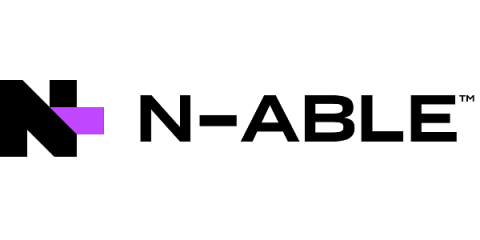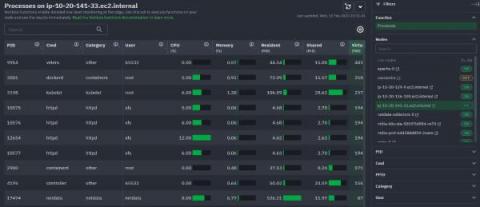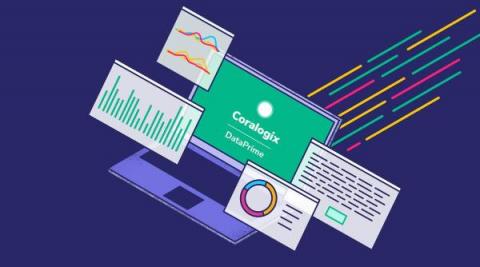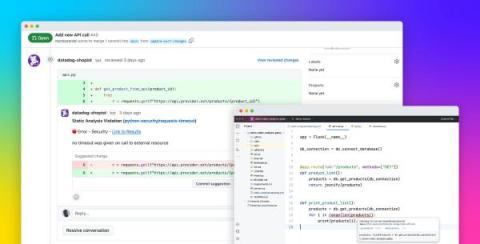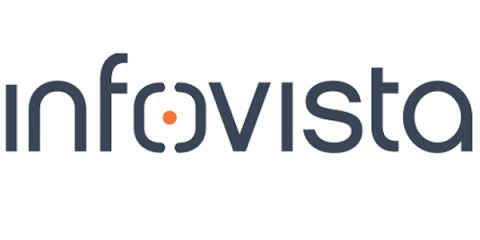Have You Outgrown Your RMM? The Obvious Red Flags to Look For
As your MSP business grows and develops, it’s highly likely that at some point you’re going to find that the tools you originally chose to support your business may not be enough for your current needs. Obviously, no vendor wants to lose customers, and we’d all rather make sure you’re using your existing tools to their full capacity. However, there are going to be times when your existing toolset will be holding you back, and you need to know how to spot that.


